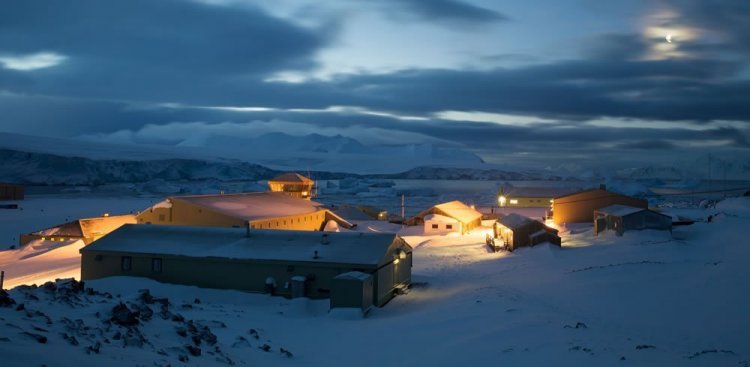Coronavirus Pandemic Hinders the Way to Scientific Research in Antarctica

Cambridge: The British Antarctic Survey is postponing its research in the polar south because of coronavirus.
Only essential teams will head back to the continent as it emerges from winter and virtually all science in the deep field has been postponed for a year.
This includes all work on the huge, and rapidly melting, Thwaites Glacier, which has been the focus of a major joint study with the Americans.
BAS says it doesn't have the capacity to treat people if they get sick.
And in consultation with international partners this past week, very strict procedures will now be put in place to keep the virus out of Antarctica.
"No nation has the medical facilities to deal with people who are seriously ill," explained BAS director Prof Dame Jane Francis.
"Everybody is taking very strong precautionary measures to make sure that any activity in Antarctica this year is as safe as possible," she told.
The key logistical challenge is the uncertainty surrounding air routes.
Many of those who go to Antarctica each austral summer season do so by travelling on a plane to one of the main gateways in South Africa, Australia/New Zealand and Chile- where they then make the hop across the Southern Ocean, either on a connecting flight or on a ship.
But with air corridors so severely disrupted at the moment, the gateways aren't functioning as they should.
UK scientists and technicians, and their supplies, will therefore travel direct from Britain to Antarctica on the Royal Research Ship, James Clark Ross.
It's possible some sort of air connection could eventually be established via the Falklands with a refuelling stop on Ascension Island but this is not Plan A.
The emphasis will instead be on maintaining important climate observations made at the main stations of Rothera and Halley.
In recent years, the latter has been closed for the winter, with all its science instruments run automatically.
Given the present circumstances, Halley will remain in shutdown through the summer as well - although efforts will be made to visit the base to make sure the power generation system that supports the automated set-up can continue to operate all the way through to the summer of 2021/2022.















































